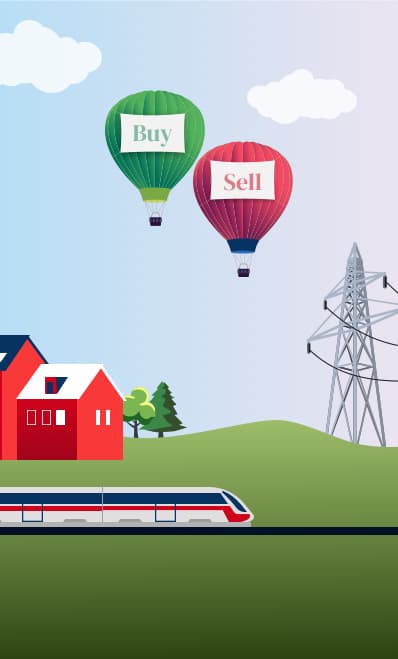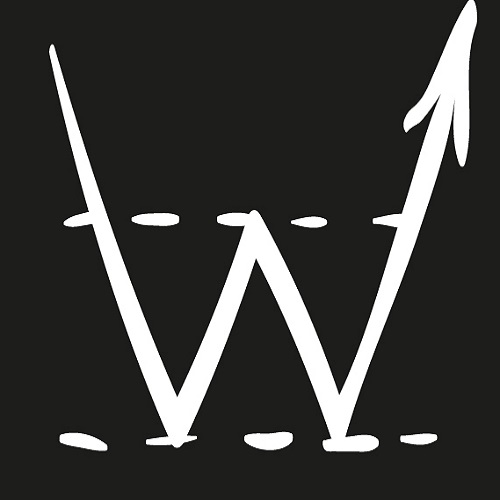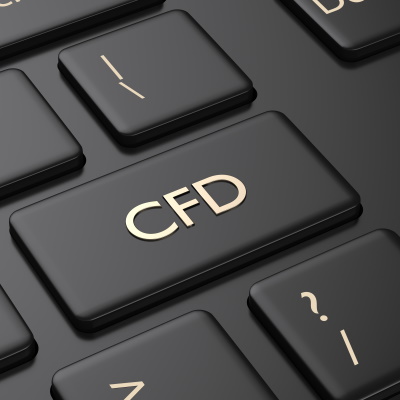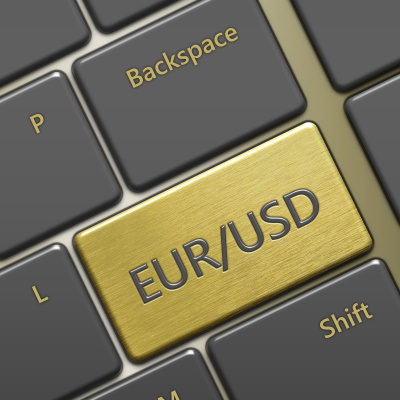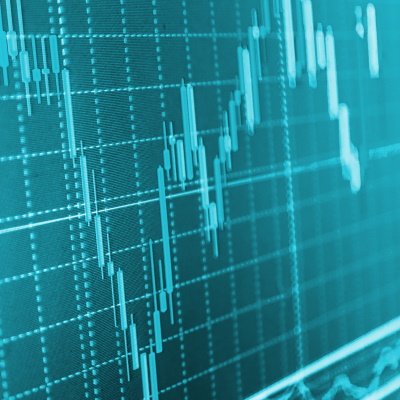Trading Futures with Call Options
Looking for low-risk commodities trading? Consider Call Options! Learn about these and other futures contracts with Queensway.
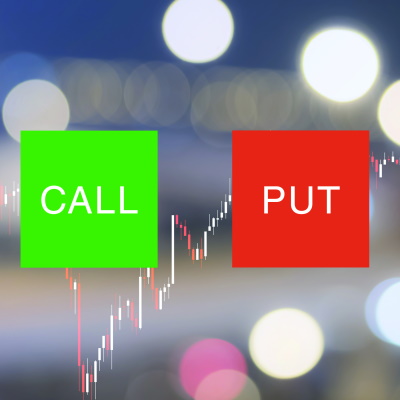
Calling it an Option
This following article will provide the necessary information to properly understand different futures contracts and what other alternatives and choices a trader may have, what they are and how they work.
What Are Futures?
Futures contracts are a type of derivative financial instrument or contract. Derivatives don’t have an inherent value, but they reflect the value of something else, like a currency, stock or commodity.
Futures specifically are derivative contracts that specify when a transaction may take place at a specified time in the future. These are usually standard contracts stating that the buyer of the contract will buy the underlying asset at a certain time for an agreed-upon price.
The buyer is, therefore, assuming that the price of the asset will rise, while the seller is hoping that it will fall.
While these are usually negotiated on a futures exchange, they can also be created outside of an exchange. These are called forward contracts and usually, they slightly differ from traditional futures in their payment structure.

Investors will make use of futures contracts in order to determine whether or not the price of an underlying asset will decrease or increase; in other words, they will speculate on the direction it is heading in.
Companies will often hedge the price of their raw materials in order to protect themselves from losses due to unwanted price movements. Futures contracts will usually only need a small amount of the contract amount as a deposit.
The risk of trading in futures is the fact that traders have a chance of losing their initial margin due to futures using leverage. Investing in a futures contract may see the company losing out on good price movements if they have hedged.
The margins are amplified in both ways; this means that they can increase your losses as well as your gains; so essentially, it is a little risky but worth it if you know what you’re doing.
What Are Options?
Options are a type of futures contract, with a few additional criteria. In options, buyers pay a set price for the contract itself, which gives the right to choose whether or not they eventually buy or sell the asset when the contract expires.
In other words, the contract gives the buyer the right but not the obligation to enter into the transaction at the predetermined time.
There are two types of options, call options and put options.
Put options refer to when a contract is given that gives the owner the right to sell short or at the particular price that has been agreed upon within a specified time frame.
The strike price refers to the predetermined price the buyer can sell at.
Call Options Explained
Options are divided into two very simple categories: call and put options. A put option gives the option holder the right to sell the underlying asset, and a call option gives the holder the right to buy it.
Although that may sound like a fairly small difference, it changes a lot about the way each instrument works. In both cases, the premium is paid by the buyer of the option. But remember that buying the option does not mean buying the asset.
Only with a call option is the buyer of the option also the prospective buyer of the asset. As the price of the underlying asset rises, the value of a call option will rise whereas the value of a put option will fall.
 The call options give the owner the right to buy an agreed-upon amount of the underlying security; however, this is not an obligation and must be bought within the specified time. The strike price as mentioned earlier is the agreed-upon price and specific time that the sale has to be made – this is basically a time to maturity or expiration date.
The call options give the owner the right to buy an agreed-upon amount of the underlying security; however, this is not an obligation and must be bought within the specified time. The strike price as mentioned earlier is the agreed-upon price and specific time that the sale has to be made – this is basically a time to maturity or expiration date.
A method that investors use on a regular basis is buying using the options to change their portfolio allocations. This is done because there is no actual need to buy or sell any underlying security. This is done in order to not start a taxable event.
Investors will purchase and can buy and sell a variety of call options simultaneously which is known as a call spread. This caps the loss and gain; however, it is always more cost-effective when dealing with a single call option.
Differences between Call Options and Futures
Options contracts tend to be a little risky due to their complexity. Although options are a risky way to go, it seems that futures are in actual fact, a little riskier especially for individual investors as they hold both the buyer and seller accountable for maximum liability.
Conclusion: Why Trade Call Options?
Trading options is a much safer choice than almost any other financial instrument. Your risk is clear from the beginning.
It cannot exceed the premium that you paid initially for the contract itself and it ends at a predetermined time so that you don’t even need to use Take Profit or Stop Loss orders.
Because options do not have to be traded exclusively on exchanges, they are often a more flexible way of stocks or commodities trading. You can trade any amount you wish and use leverage.
Therefore, call options can be a great way to start trading a new asset or to hedge. For both novice and advanced traders, these are a great thing to incorporate into a balanced trading strategy.

